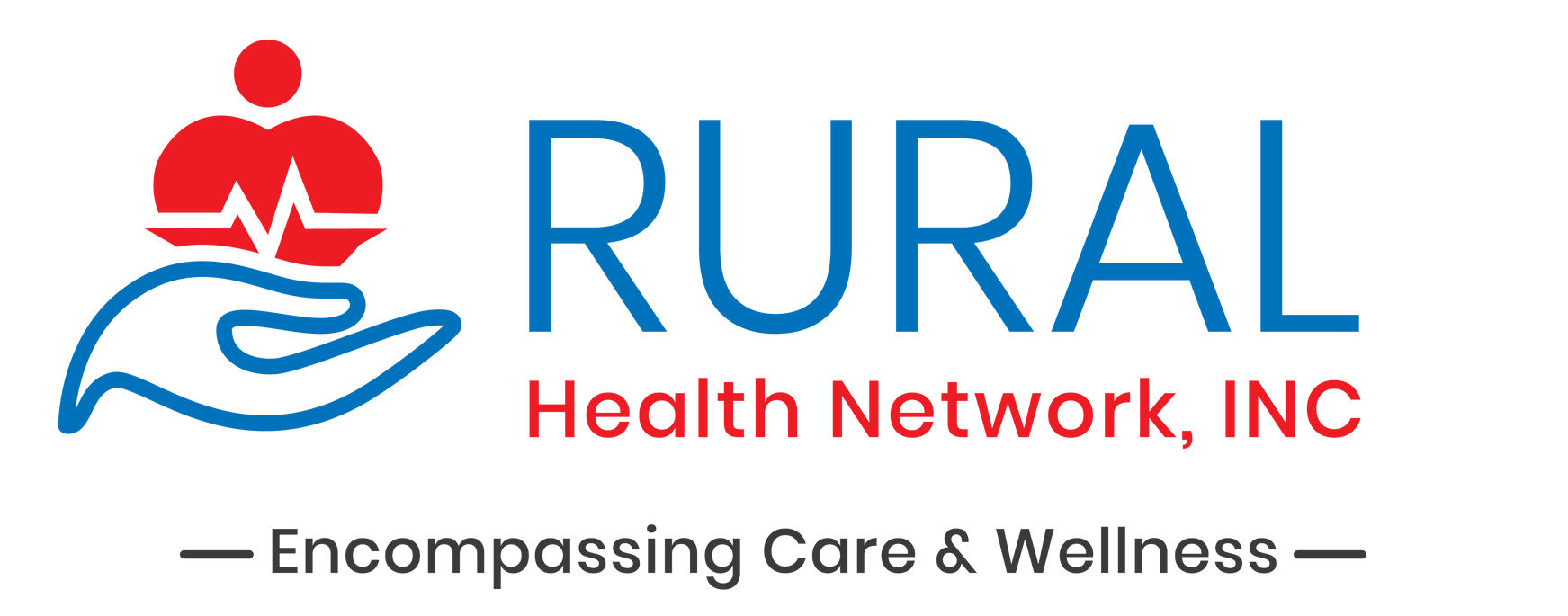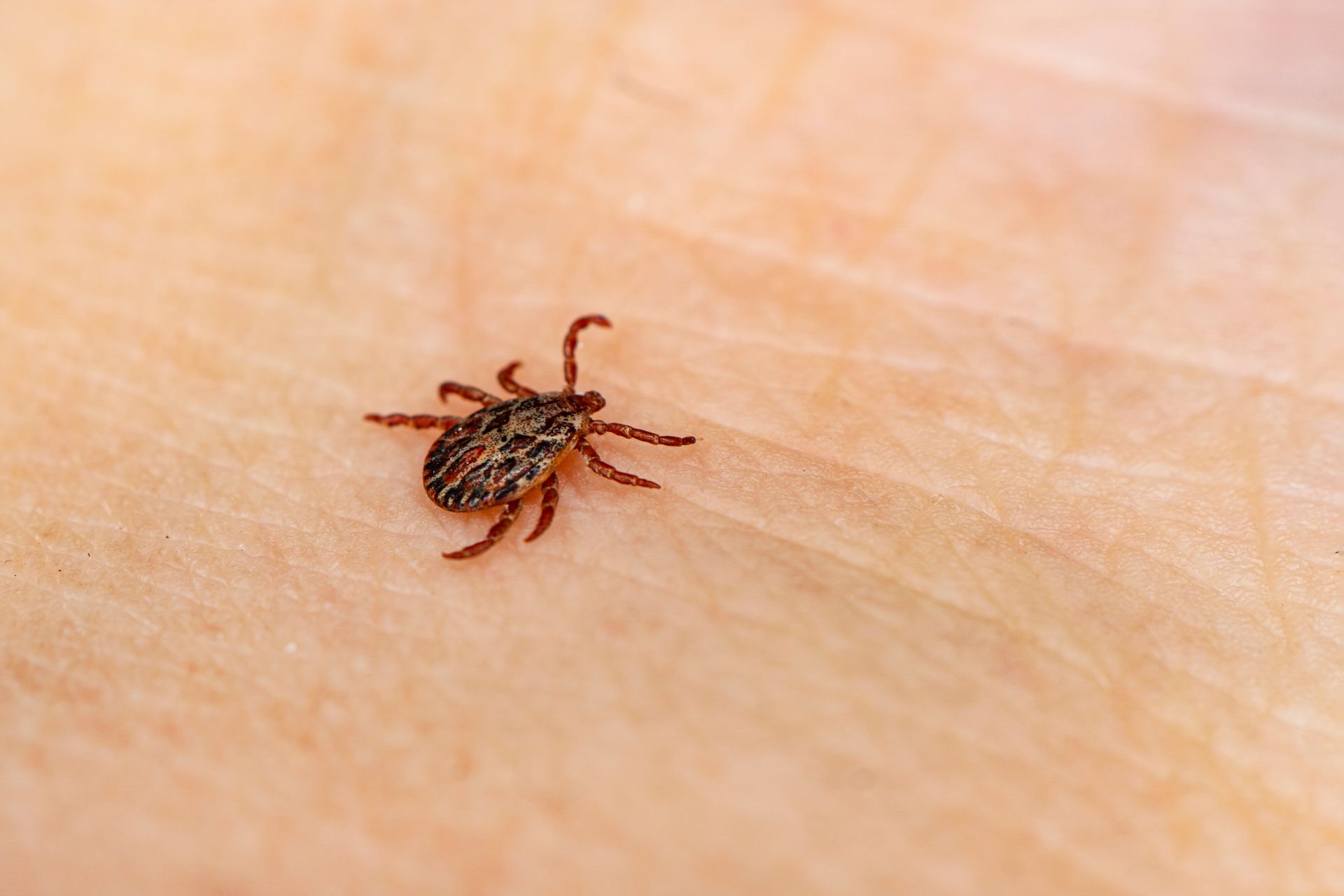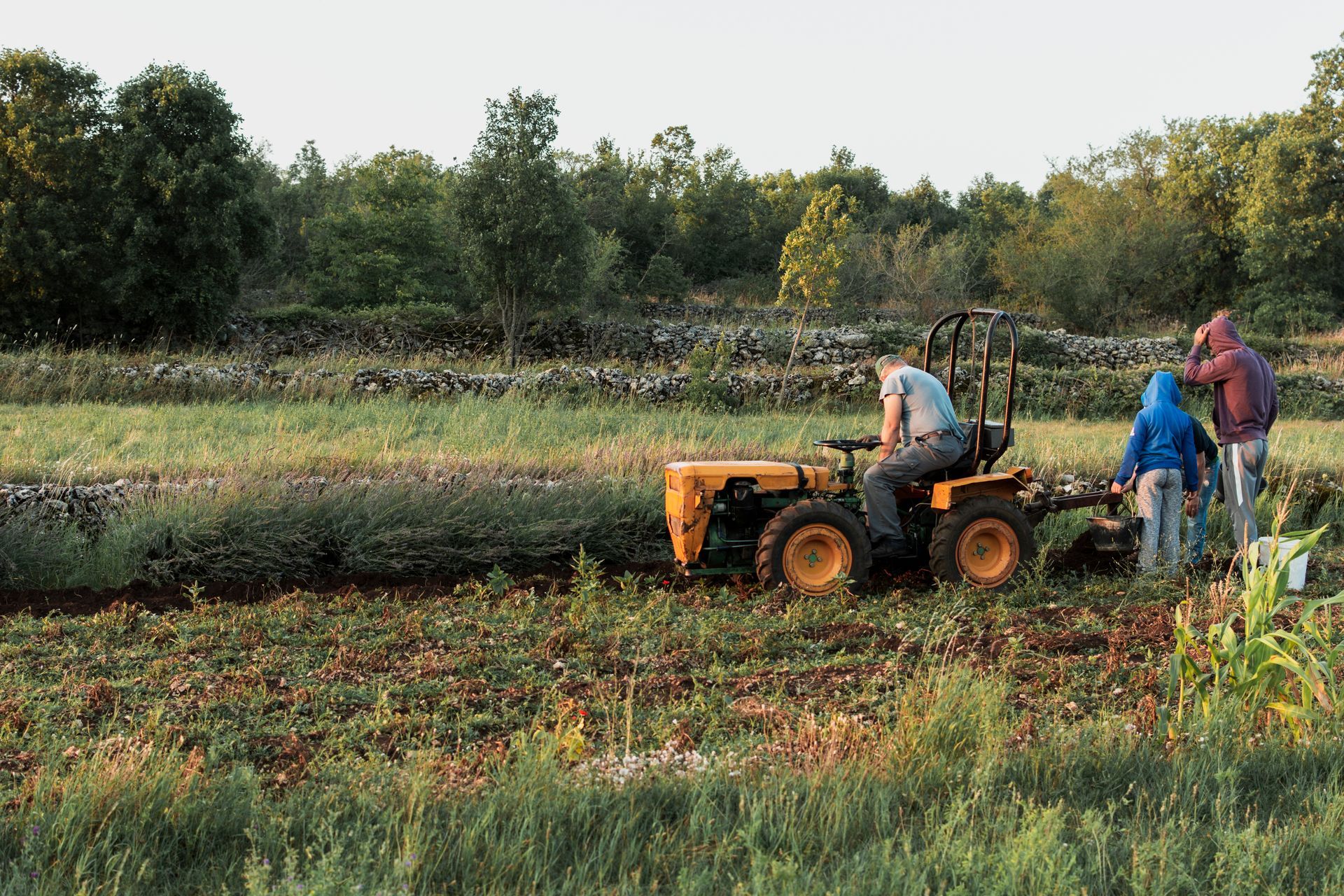Bird Flu and Rural Wellness: Safeguarding Health in Newman’s Farming Community
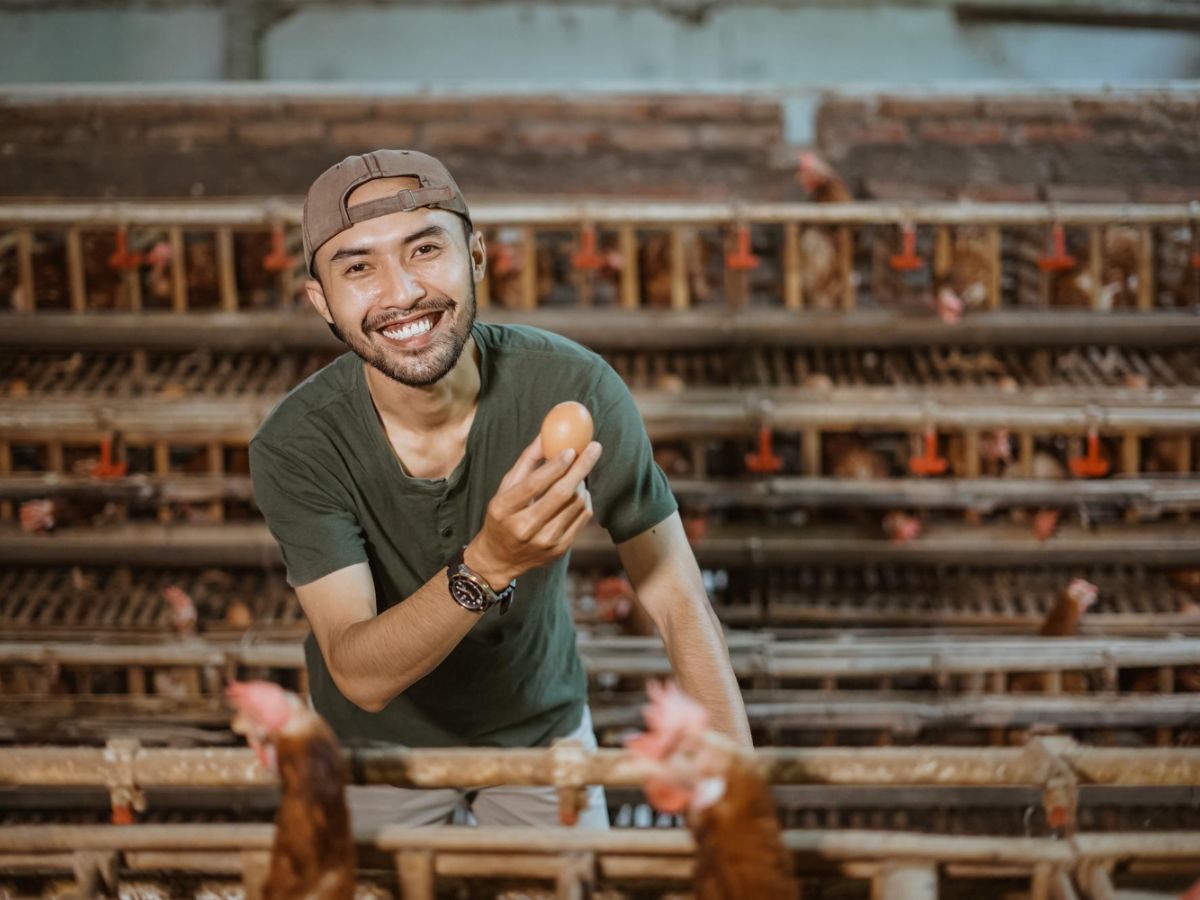
Located in the heart of California's Central Valley, Newman is known for its fertile soil, favorable climate, and high concentration of farms. However, beneath this picturesque rural setting is the looming risk of a zoonotic disease: H5N1 bird flu.
As of January 27, 2025, the Centers for Disease Control and Prevention reported 67 confirmed human cases of bird flu and one death related to the infection. Initially emerging as a "fowl plague" in northern Italy, the H5N9 bird flu virus has led to the first reported outbreak in poultry on a duck farm in California.
Newman's dense farming community presents unique health challenges, particularly with risks like bird flu. At the Rural Health Network, we recognize the unique challenges in these communities. This blog highlights prevention education, early detection, and the importance of community support to help Newman residents stay healthy and resilient
Help Protect Your Family and Farm
What is Bird Flu?
In Newman, where poultry and dairy farming is a way of life, bird flu—an infectious disease caused by strains like H5N1 and H7N9 that primarily affects birds but can sometimes affect humans—can be a serious risk to human health.
How Does Bird Flu Spread?
Exposure to infected birds, their droppings, or contaminated surfaces can lead to the spread of bird flu. In farming communities like Newman, where poultry and other animals are in close proximity, the risk of bird flu transmission increases significantly.
Without proper biosecurity measures in place, farmers, livestock workers, and even families are at a greater risk of coming into contact with the virus.
Risks to Humans
Human infections of bird flu are rare, but when they do occur, they can present symptoms similar to the flu, including:
- Fever
- Cough
- Muscle aches
In severe cases, bird flu symptoms can cause life-threatening complications, including:
- Pneumonia
- Acute respiratory distress
- Organ failure
For Newman's farming community, the risks go beyond individual health. The virus could potentially disrupt farming operations and affect the local food supply. Staying vigilant is essential for farmers and their families to prevent the spread of the virus and safeguard their well-being.
Why is Bird Flu a Concern in Newman’s Farming Community?
In rural areas like Newman, the close interaction between humans and animals increases the potential for zoonotic diseases—illnesses that spread from animals to people.
Further, the high density of farming operations in the region means more opportunities for diseases, like bird flu, to spread, especially in environments where biosecurity measures may be difficult to maintain.
Closer Proximity, Greater Risks
Without proactive steps in place, workers face a greater risk of bird flu exposure or infection through:
- Close proximity to animals: Agricultural workers and their families are often near livestock and poultry, whether tending to animals, handling feed, or cleaning enclosures.
- Daily exposure to pathogens: Regular interactions with animals increase the chances of coming into contact with pathogens that can move from animals to humans.
Poultry farmers may face greater risks than other agricultural workers, as even routine tasks like collecting eggs or managing flocks can be dangerous if the birds are infected.
Preventative Measures for Farmers and Families
Protecting health and preserving livelihoods starts with adopting smart, preventative measures on the farm and at home.
For Farmers:
To keep infections at bay, apply these biosecurity protocols on your farm:
- Regularly clean and disinfect equipment, footwear, and surfaces that come into contact with animals to prevent the spread of pathogens.
- Quarantine animals showing signs of illness to prevent spreading across the flock or herd.
- Schedule regular check-ups and vaccinations for livestock. Early detection of diseases can help protect both the animals and the people working with them.
For Families:
Living and working close to farms in Newman means being mindful of animal-borne disease risks. Here's how you protect your loved ones:
- Limit direct contact with animals using gloves and masks when working with livestock or cleaning enclosures.
- Practice proper food handling by cooking poultry to an internal temperature of 165°F.
- Prioritize handwashing with soap and water, especially after handling animals or visiting farm areas.
How Rural Health Network is Supporting the Community
Rural Health Network is here to support Newman's farming community with the tools and knowledge to stay healthy in the face of zoonotic disease risks like bird flu. Here’s how we’re making a difference:
Education for Local Farmers
We provide tailored education to help farmers understand how illnesses like bird flu spread and how to prevent them. Our workshops and resources focus on practical, actionable steps such as biosecurity practices and early disease detection.
Quick, Accessible Care for At-Risk Individuals
If you're at risk of bird flu, we're here to support your healthcare needs. Our affordable care services include early detection, treatment, and preventive care tailored to those who work closely with poultry and livestock.
Timely Resources
Through our community programs, we prioritize prevention and wellness. Our team actively engages with farmers and families, providing guidance on reducing exposure to health risks.
You can complement our expert tips with English and Spanish resources from the California Avian Health Education Network (CAHEN):
- Basics of Cleaning and Disinfecting Your Coop
- Biosecurity for All
- Chick Care Check
- Common Clinical Signs of HPAI and vND
- Guide to Cleaning and Disinfecting Feed Barrels
- Pet Bird Care and Disease Prevention
- Tips for Keeping Your Backyard Birds Healthy
Building a Resilient Farming Community Together
Acting now is the key to keeping our farms and families safe. By following biosecurity guidelines, watching animal health closely, and handling food safely, we can reduce the risks of bird flu and keep our community strong.
When health centers, farmers, and families stand together, we form an unbreakable line of defense. Rural Health Network is here to support this mission by providing practical resources and prompt care to help protect our city from zoonotic diseases.
Strengthen Newman's Health Today
Now is the time to act! Whether you need healthcare support, have concerns about exposure, or want to participate in our upcoming community health events, we’re here to help.
Schedule an appointment, reach out with questions, or join us at one of our events to learn more about how you can protect your health and your family.
Visit us at:
- 1349 Main St, Newman, CA 95360, United States
- Call: (209) 862-3604
- Email: info@ruralhealthnetworkinc.com
Protecting Health, Safeguarding Livelihoods
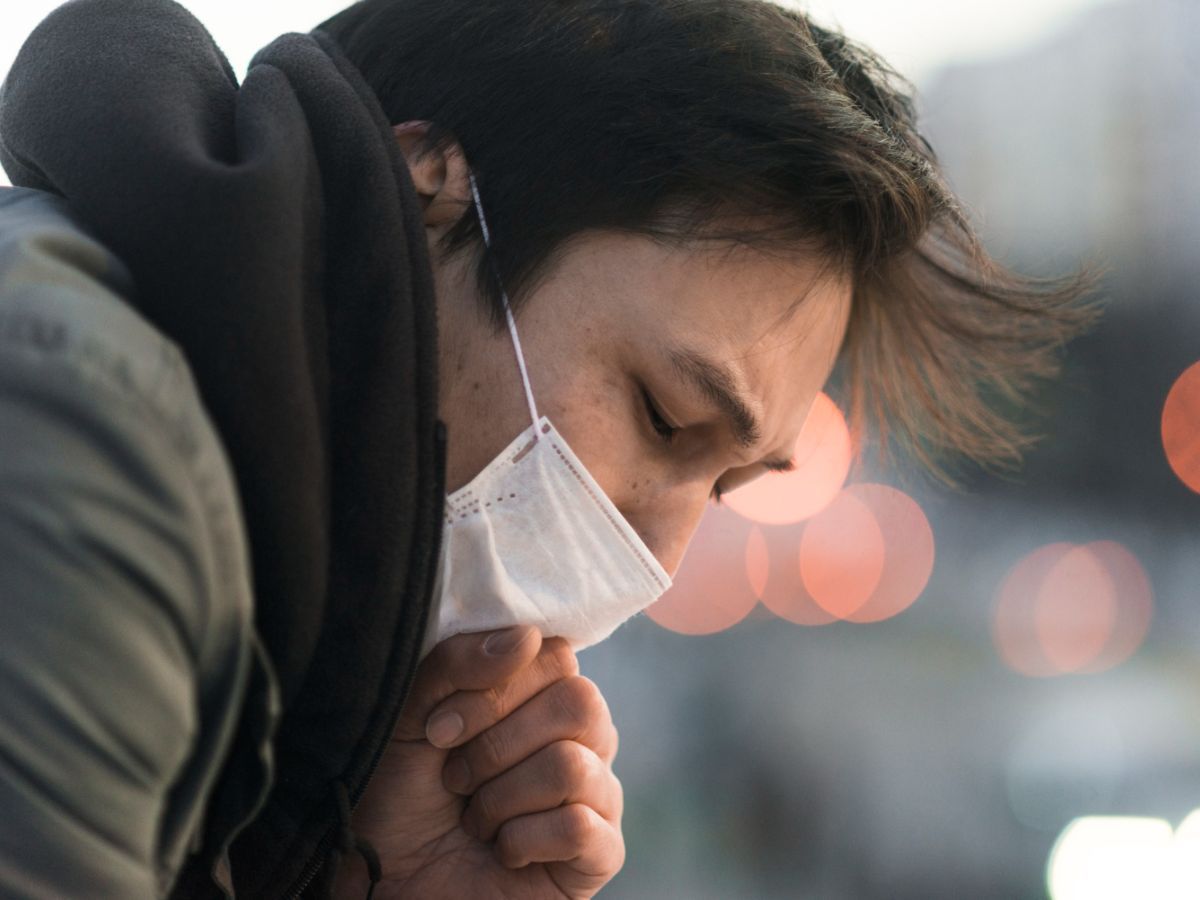
Newman’s high-density farms are confronting the dangers posed by bird flu. However, adopting proper biosecurity practices and following proactive measures can minimize risks and protect farmers and families, including yours.
At Rural Health Network, we combine compassion and expertise to offer education on bird flu prevention and provide affordable care. As part of our commitment to community health, we’re expanding to 1020 Ventura Ave, Chowchilla, CA, making care even more accessible.
We look forward to seeing you there soon!
More Questions About Avian Flu in Humans?
